10 Essential Plumbing Facts and Pro Tips Every Homeowner Should Know
Plumbing is one of the most vital systems in any home, yet it’s often overlooked until something goes wrong. Whether you’re a new homeowner or a seasoned one, understanding the basics of your plumbing system can save you time, money, and unnecessary headaches. In this blog post, we’ll cover 10 essential plumbing facts and tips that every homeowner should know to keep their home safe, efficient, and leak-free.
1. Know Where Your Main Water Shut-Off Valve Is
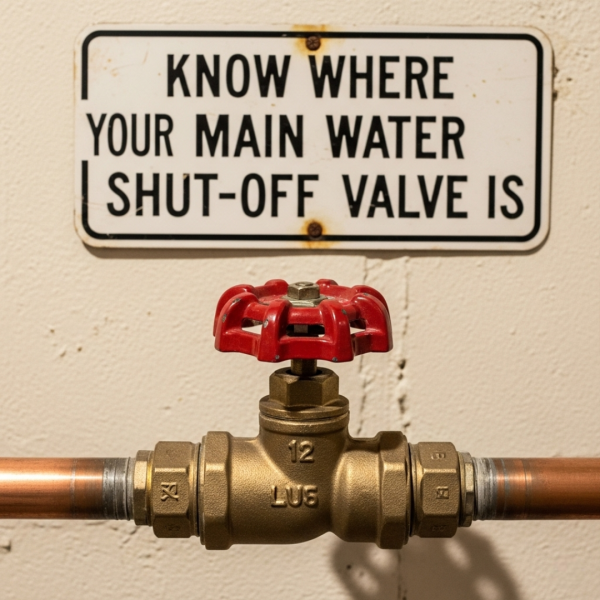
Plumbing tip #1 is arguably the most important: know where your main water shut-off valve is located. In an emergency, such as a burst pipe or major leak, turning off the water quickly can prevent thousands of pesos in damage. Typically, it’s located near the water meter or where the main line enters your home.
2. Don’t Use Chemical Drain Cleaners
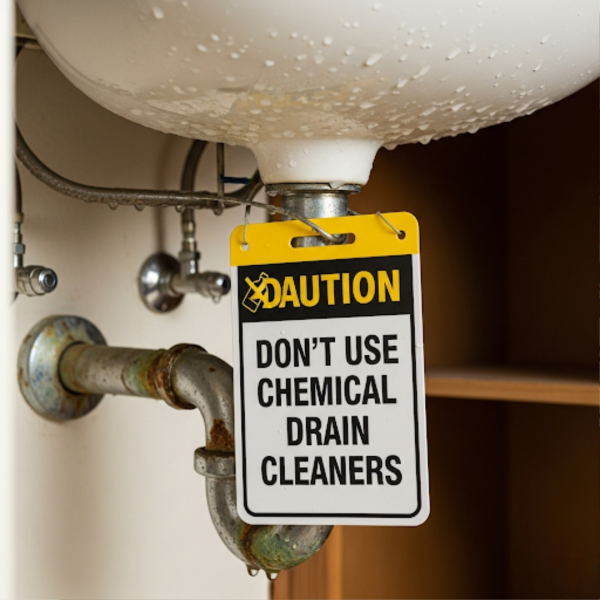
While they may seem like a quick fix, chemical drain cleaners can corrode your pipes over time. Instead, opt for natural solutions like baking soda and vinegar or invest in a drain snake. Better yet, prevent clogs by using sink strainers and not pouring grease down the drain.
3. Leaky Faucets Waste Water and Money
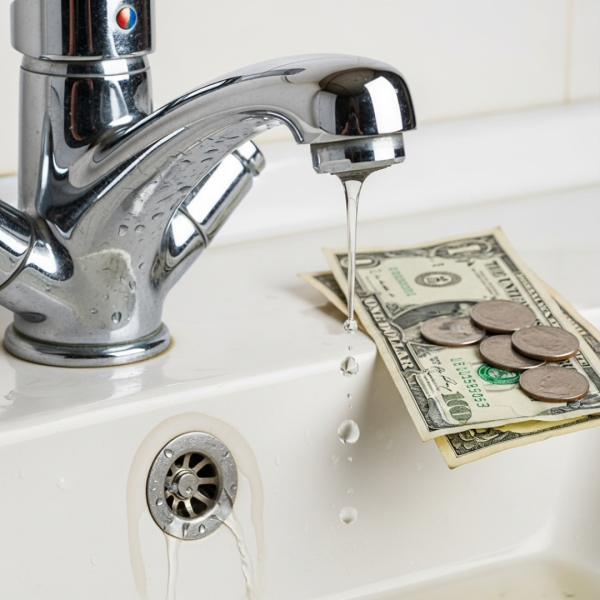
A leaky faucet may not seem urgent, but even a slow drip can waste over 3,000 gallons of water annually. That’s money literally going down the drain. Most leaks are due to worn-out washers or seals and can be fixed with simple tools.
4. Not All Toilets Can Handle “Flushable” Wipes
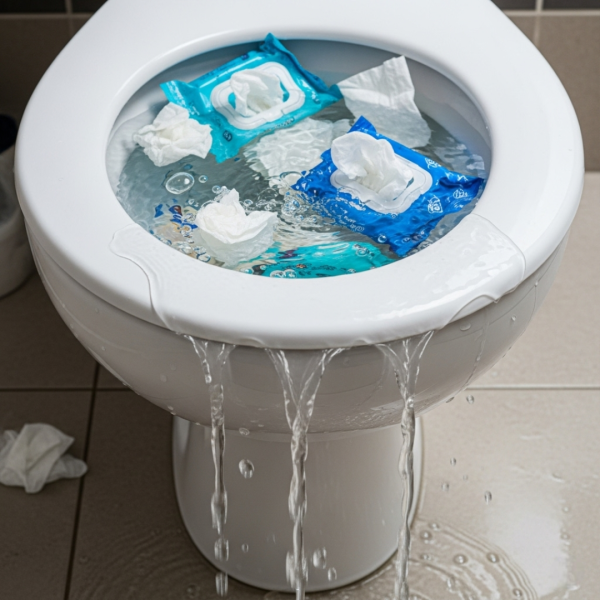
Many products marketed as “flushable” can clog your pipes or damage your septic system. Stick to toilet paper only, and dispose of wipes, cotton swabs, and other hygiene products in the trash even if the label says otherwise.
5. Hard Water Can Damage Your Plumbing
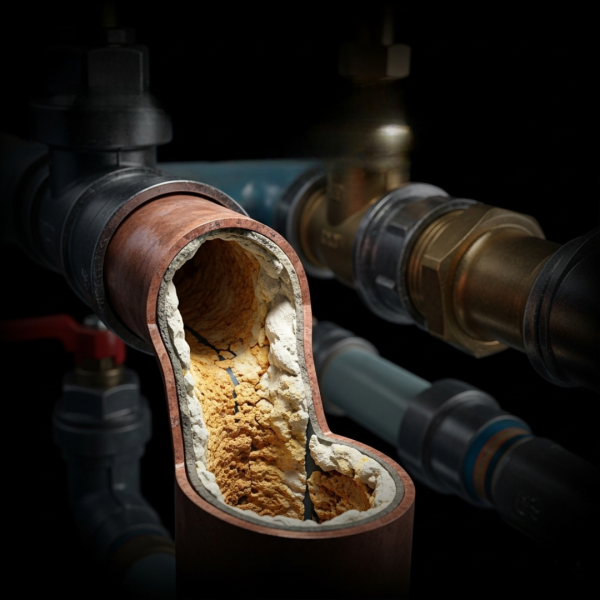
If you live in an area with hard water, it can lead to mineral buildup in your pipes and appliances, reducing efficiency and lifespan. Installing a water softener can help protect your plumbing and reduce soap scum on fixtures.
6. Regular Maintenance Prevents Bigger Problems
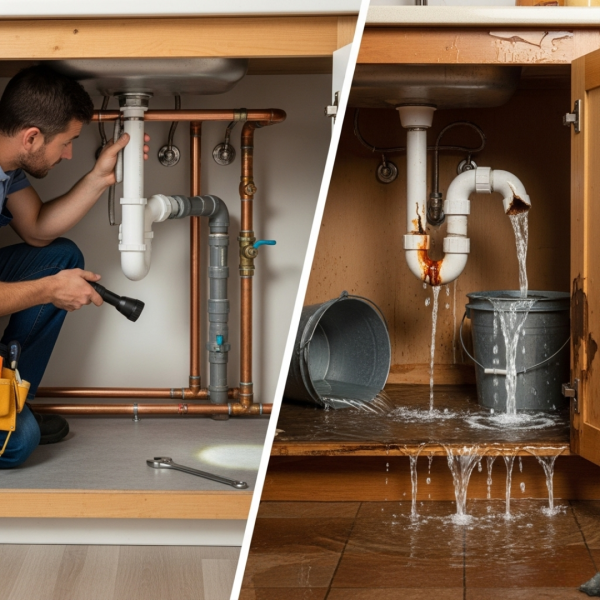
A little preventative maintenance goes a long way. Check for signs of leaks, corrosion, or slow drains regularly. Insulate pipes before winter to prevent freezing and bursting, especially in colder regions or during a cold snap.
7. Know the Signs of a Hidden Leak
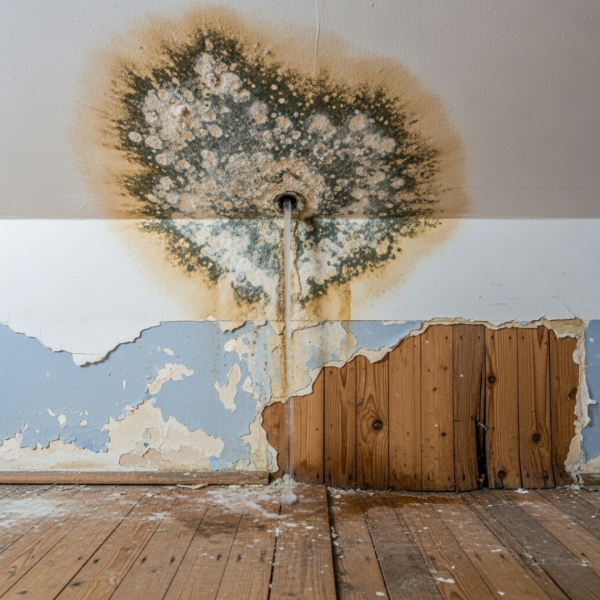
Sometimes, plumbing leaks happen behind walls or under floors. Watch for warning signs like discolored paint, musty odors, or unexplained spikes in your water bill. Early detection can prevent mold growth and structural damage.
8. Low Water Pressure Isn’t Just Inconvenient
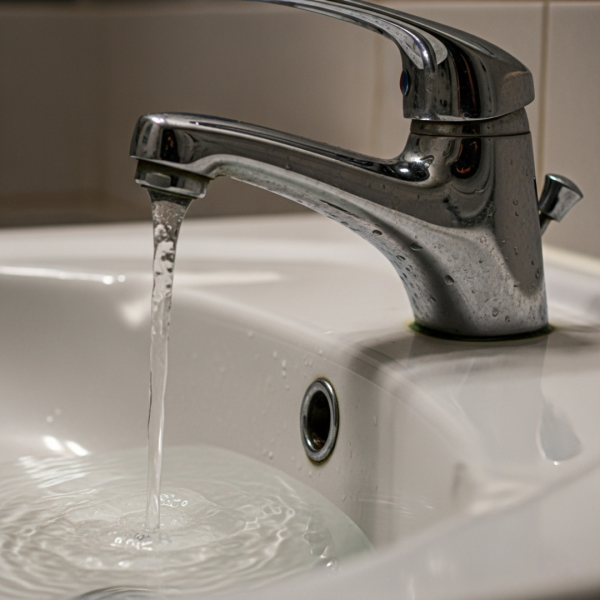
If your water pressure suddenly drops, it could indicate a leak, blockage, or buildup in your plumbing system. Clean your faucet aerators first, and if the issue persists, consider calling a licensed plumber for a thorough inspection.
9. DIY Has Its Limits
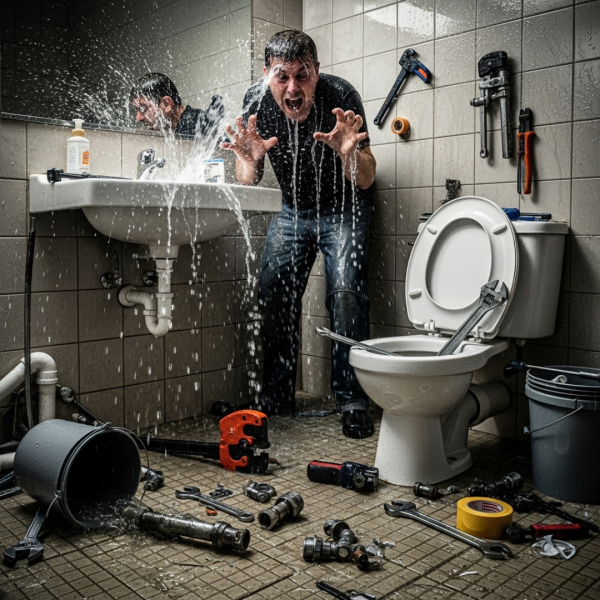
YouTube tutorials can be helpful, but some plumbing issues are best left to the professionals. If you’re dealing with gas lines, sewer backups, or persistent leaks, don’t hesitate to call a licensed plumber. It’s safer and can save you money in the long run.
10. Upgrade Old Plumbing for Peace of Mind
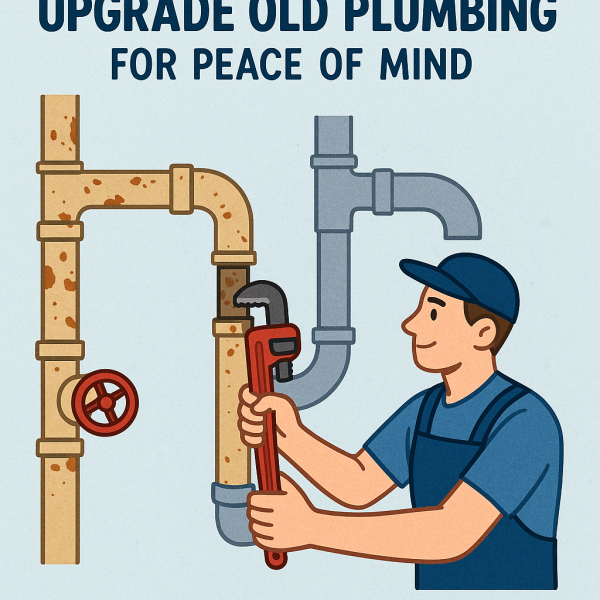
Homes with old galvanized steel or polybutylene pipes may be at risk for corrosion or failure. Replacing outdated pipes with modern materials like PEX or copper can improve water quality and reduce the risk of leaks.
Being proactive about your home’s plumbing system is key to avoiding costly repairs and ensuring everything runs smoothly. By understanding these essential plumbing facts and tips, you can make smarter decisions and take action before small issues become major problems. For expert help and reliable service, trust Benner Plumbing & Heating your local professionals dedicated to keeping your plumbing in top shape.
